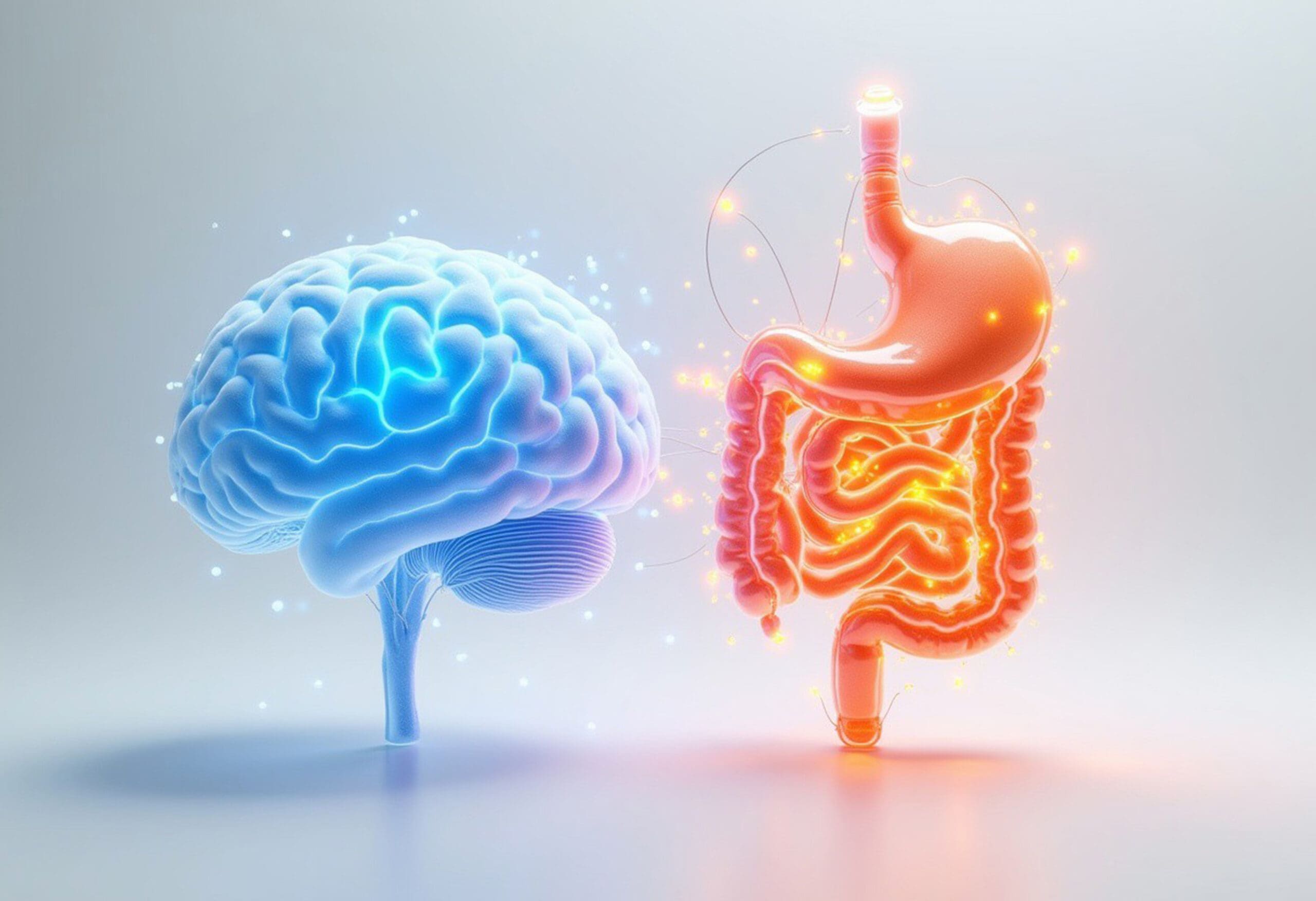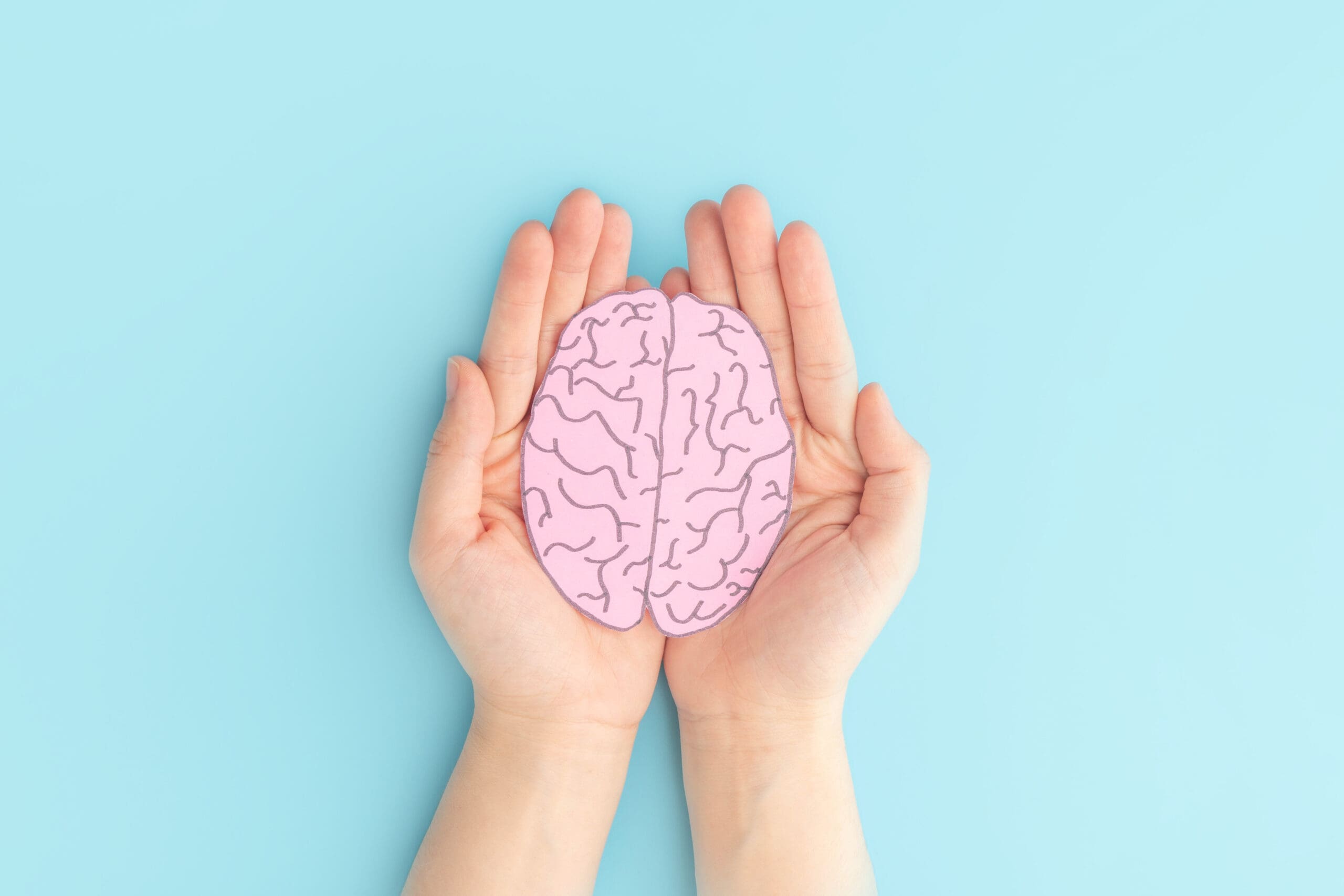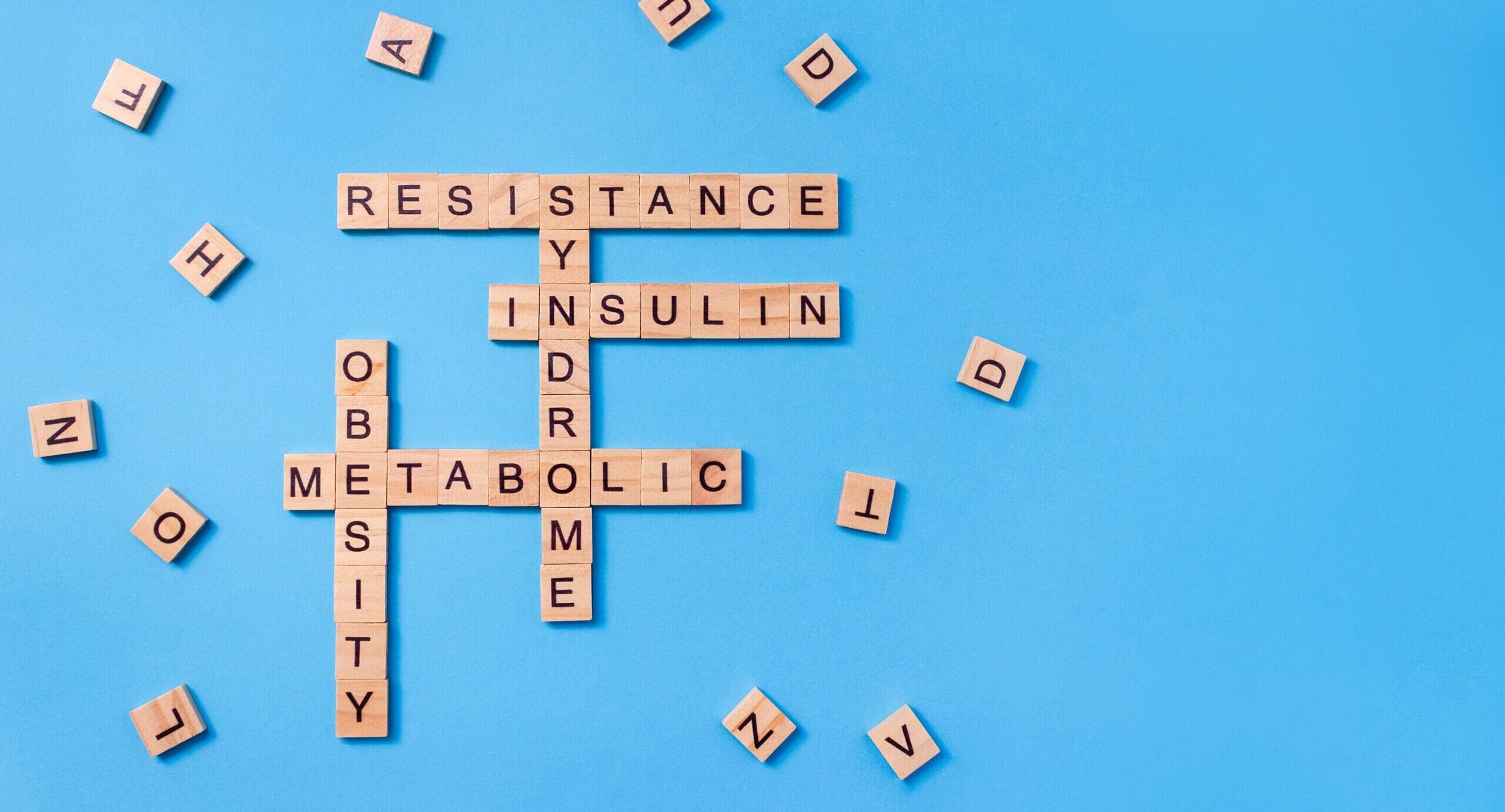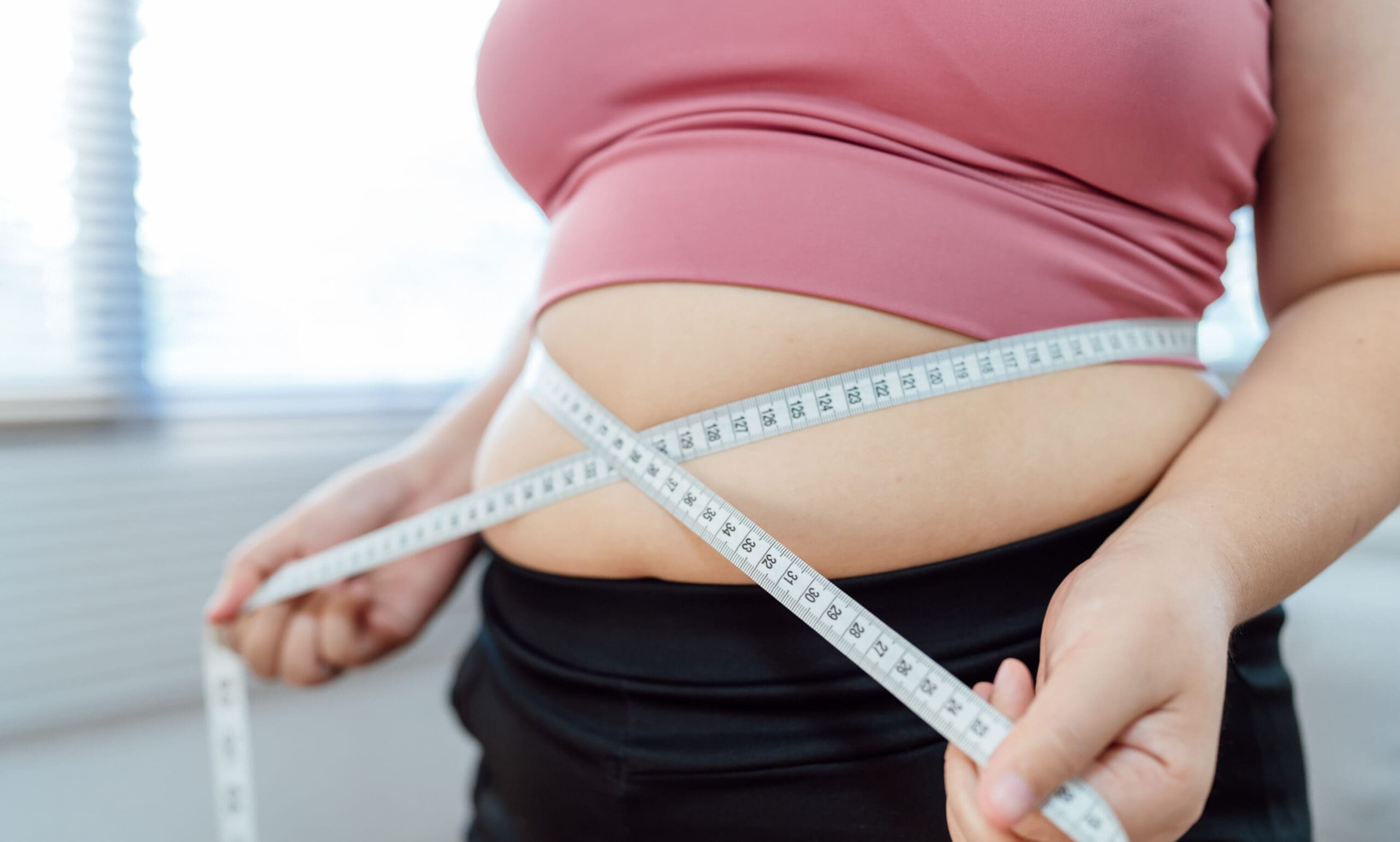Did you know that having suboptimal levels of vitamin D in your bloodstream may:
- Reduce your ability to ovulate
- Reduce your chances at IVF success
Women with good levels of vitamin D in their blood have better quality embryos and a higher chance of implantation if using IVF.
A study just published in the Endocrine Society’s The Journal of Clinical Endocrinology & Metabolism determined that when undergoing IVF, women who had sufficient levels of vitamin D were almost twice as likely to conceive as women with vitamin D deficiency. Women who weren’t deficient were more likely to produce high quality embryos.
The authors of this study also noted there is a growing amount of research that supports taking vitamin D supplements throughout pregnancy. Other evidence shows how vitamin D may improve birth outcomes and prevent some obstetric complications. Vitamin D deficiency is very common in women with polycystic ovarian syndrome and may impair the ability of these women to ovulate.
Vitamin D is far more than just a vitamin; it is actually a hormone precursor and regulates the activity of more than 1000 genes in the human body. You would be well aware that vitamin D is required for strong bones, and deficiency leads to osteoporosis, but this vitamin has many more vital functions in the body. Vitamin D gets manufactured in your skin when you are exposed to sunshine. Specifically it is UVB rays that stimulate the cholesterol in your skin to be converted into a pre-vitamin D substance. The manufacture of vitamin D is then completed in your liver and kidneys.
Despite Australia being a sunny nation, the majority of Australians do not have optimal vitamin D blood levels. The sun’s UVB rays are only present during the middle of the day; a time when most Australians are indoors working. The “Slip, Slop, Slap” message designed to reduce the risk of skin cancer appears to have gone too far, as most people have gone too far in avoiding exposure to the sun. It is important to avoid becoming sunburnt, but regular brief exposure to midday sunshine can have enormously beneficial effects on your health by boosting your vitamin D status. Very few foods provide much vitamin D; egg yolks and oily fish are the best sources.
How to know if you are vitamin D deficient
You may hear various recommendations on the length of time you should spend in the sun each week in order to obtain sufficient vitamin D. Such recommendations are not helpful because everyone is an individual and their skin tone, state of health, where they live and a plethora of other factors determine how much vitamin D their skin is able to manufacture. The only way to know if you have enough vitamin D in your bloodstream is through a blood test. Your level of 25 hydroxy vitamin D should be between 100 and 150 nmol/L.
For most people it is impractical to spend the amount of time in the sun required to manufacture sufficient vitamin D, therefore a vitamin D supplement is essential. Vitamin D supplements come in a strength of 1000 IU per capsule. In order to reach the desired blood level of vitamin D, you will probably need to take more than one capsule per day. It will usually take a couple of months to achieve the desired level blood.
For more information on improving your fertility, see our book Infertility: The Hidden Causes. How to overcome them naturally.









Leave A Comment